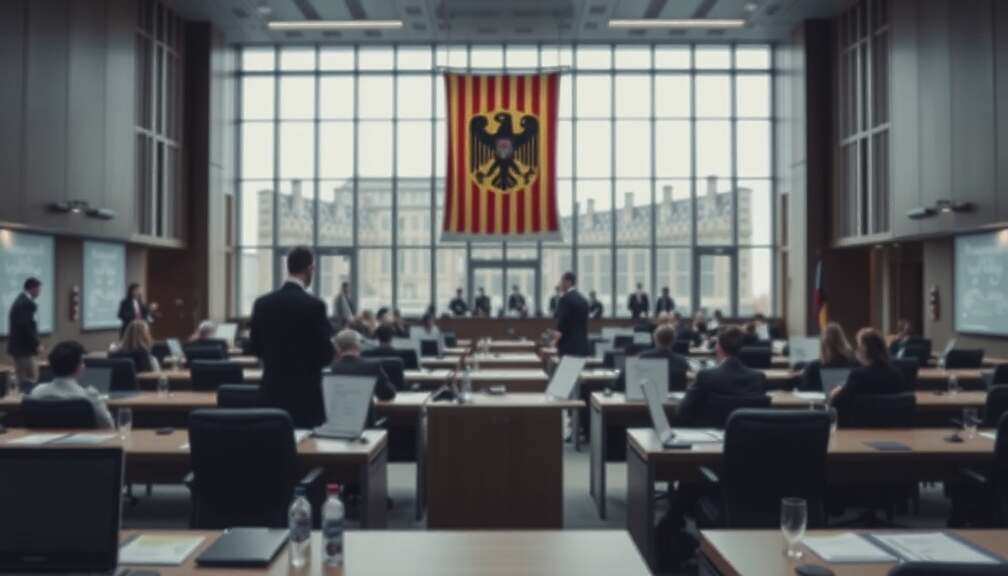He highlighted the proliferation of weapons within the country, stating that it will be difficult to prevent their eventual flow into Central Europe, where they could be sold or utilized by criminal organizations He cited existing instances in Sweden where firearms used in crimes were traced back to Ukrainian sources and anticipates similar cases will emerge in Germany
Kopelke also advocated for expedited confiscation of assets derived from criminal activity The GdP proposes a reversal of the burden of proof, allowing authorities to seize assets when a legal origin cannot be definitively demonstrated, a practice already established in Italy He suggested a collaborative arrangement between the ministries of finance, justice and interior, whereby half of seized assets would be allocated to the judicial system and the other half to policing He pointed to the example of Bremen, where funds from asset confiscation are already being directed to law enforcement and believes similar models could be implemented nationally to bolster investigative resources
Additionally, Kopelke revealed that the GdP estimates the utilization of the US-developed software Palantir could potentially create nearly 1,000 additional police positions While acknowledging the significant cost of Palantir licenses, he stated that no viable technical alternative currently exists He did, however, note ongoing efforts to develop a European-based solution with data servers situated within European control-currently, Palantir’s servers are located overseas












